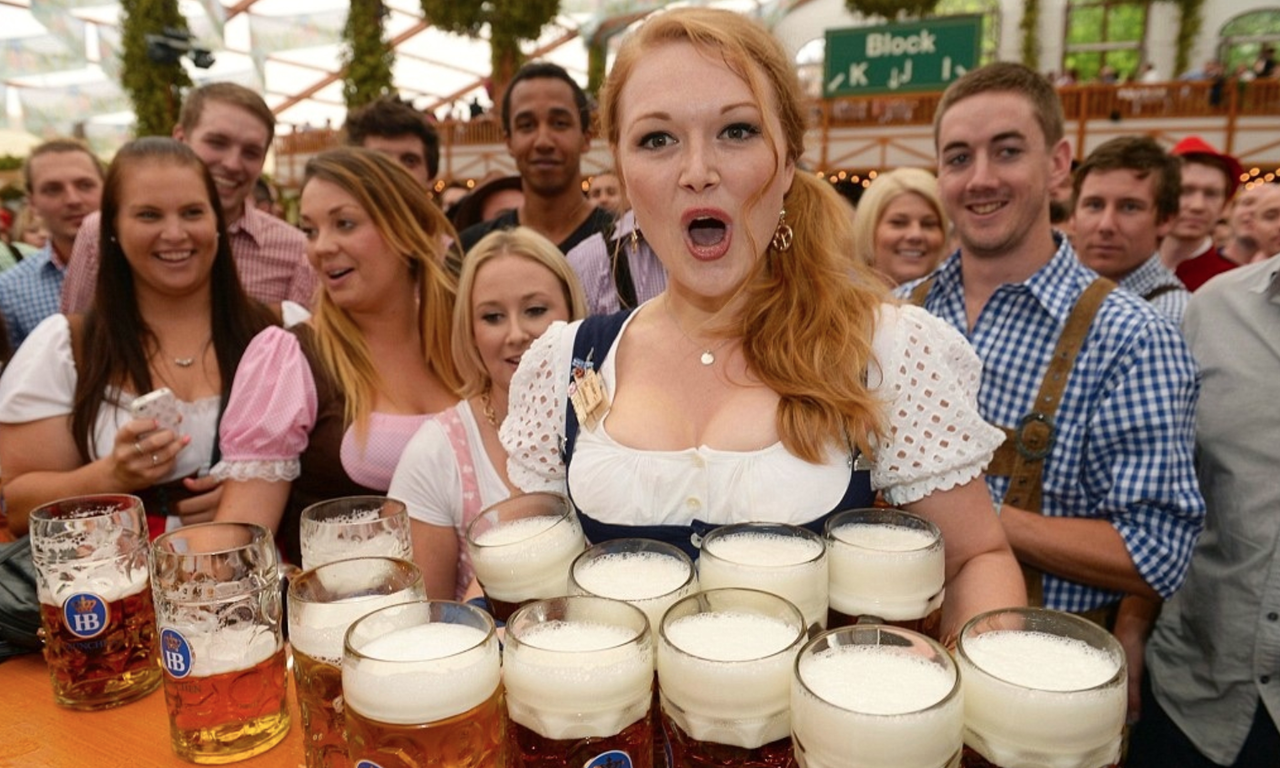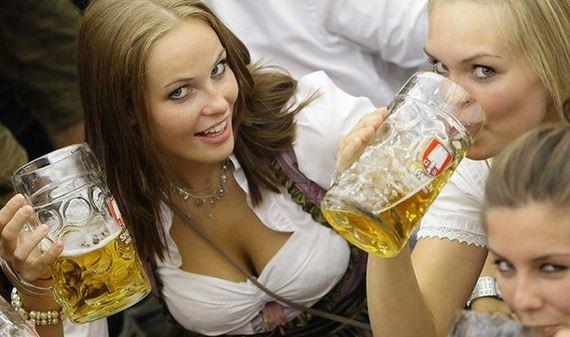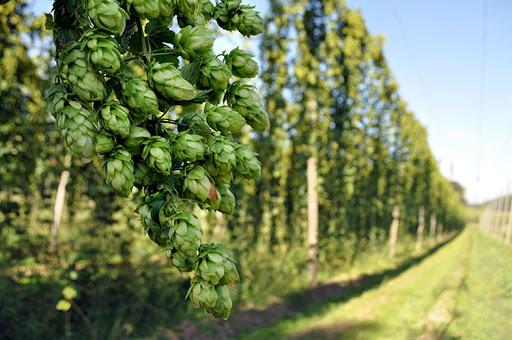Oktoberfest Cancelled For First Time Since WW2 As German Hop-Growers Warn Of “Beer Shortage”
For the first time since World War II, Munich’s iconic Oktoberfest has been canceled, a significant blow to Germany’s tourism and beer industry, reported Bloomberg.
“We agreed that the risk is simply too great,” Bavarian Premier Markus Soeder told reporters Tuesday. “We are living in different times, and living with corona means living carefully.”
The event was slated for late September to October, drew more than 6 million beer lovers from around the world in 2019.
Soeder was speaking with Munich Mayor Dieter Reiter on Tuesday about the event’s cancellation.
Schwere Entscheidung mit Münchens OB Dieter Reiter: Das Oktoberfest 2020 muss ausfallen. Das Risiko ist einfach zu hoch. Man kann dort weder Abstand halten noch Mundschutz tragen. Mit Corona zu leben, heißt vorsichtig zu leben, bis es Impfstoff oder Medikamente gibt. #wiesn pic.twitter.com/AMHpQAjIL0
— Markus Söder (@Markus_Soeder) April 21, 2020
https://platform.twitter.com/widgets.js
Oktoberfest was projected to bring in $1.3 billion in revenue for local businesses and the tourism industry, and now it appears those firms will significantly suffer.
Soeder determined that even with masks and gloves, the risk of sparking another coronavirus wave of infections would be devastating.
Germany has already canceled all large public gatherings through the end of August. There are expectations that extensions will be seen, essentially canceling all major events for the entire year.
The cancelation of Oktoberfest is expected to ripple through the economy and down the production chain of beer from breweries to hop growers.
Adolf Schapfl, a farmer that runs an 80-hectare operation in Bavaria, said coronavirus had created a worker shortage that could make it challenging for him to have a full harvest by fall.
Many other farmers in the Bavaria region are experiencing a shortage of seasonal workers as well said Schapfl. He warned there could be economic hardships for growers and upcoming beer shortages:
“I don’t want to be dramatic, but without a harvest, the risk for us is bankruptcy, and for Germany, a beer shortage next year,” Schapfl said.
At the other end of the production chain, breweries are set to get destroyed as well. With restaurants closed and festivals canceled this summer, beer sales are likely to collapse.
“We are not the worst affected because only 10 or 15 percent of our production goes into gastronomy. But if this goes on for several more months, it’s going to get complicated,” said brewer Andreas Weber, who is employed by Urban Chestnut Hallertau Brewery.
About 1,600 breweries in Germany have cut workers and slashed production as an economic depression unfolds across the country.
Tyler Durden
Wed, 04/22/2020 – 04:15![]()
Zero Hedge’s mission is to widen the scope of financial, economic and political information available to the professional investing public, to skeptically examine and, where necessary, attack the flaccid institution that financial journalism has become, to liberate oppressed knowledge, to provide analysis uninhibited by political constraint and to facilitate information’s unending quest for freedom. Visit https://www.zerohedge.com



